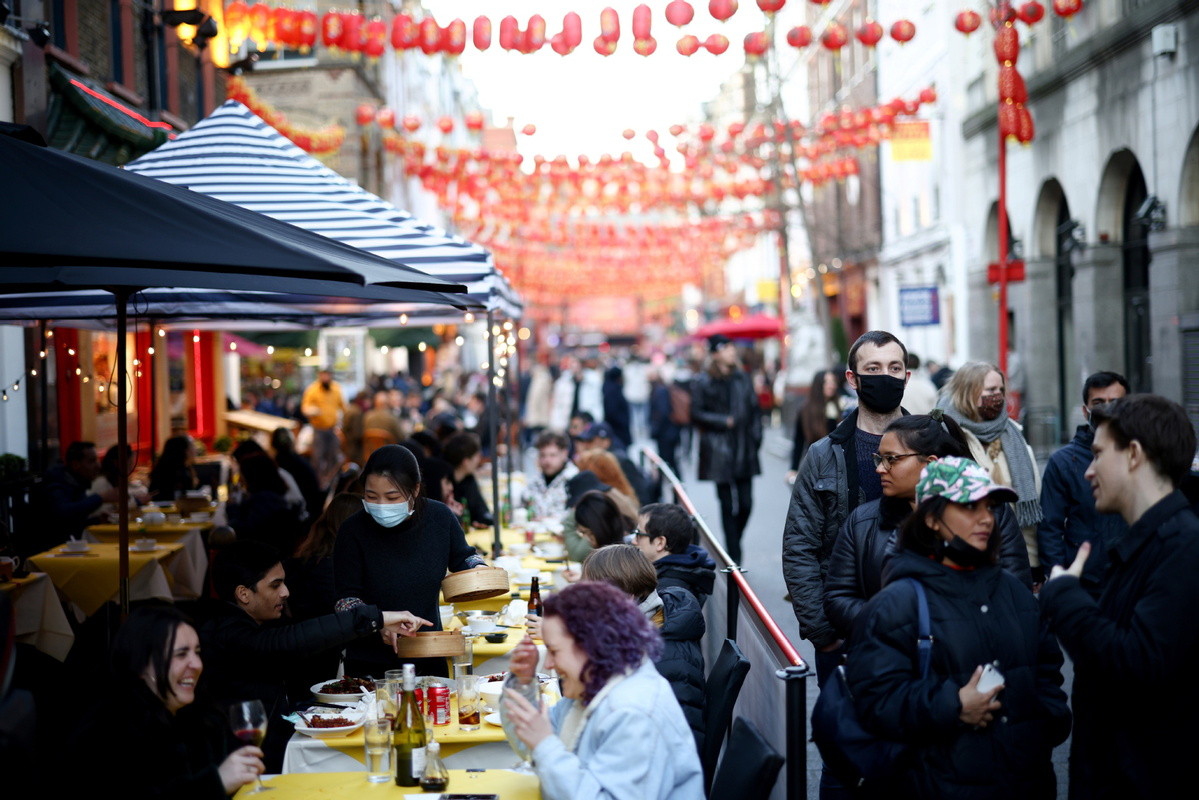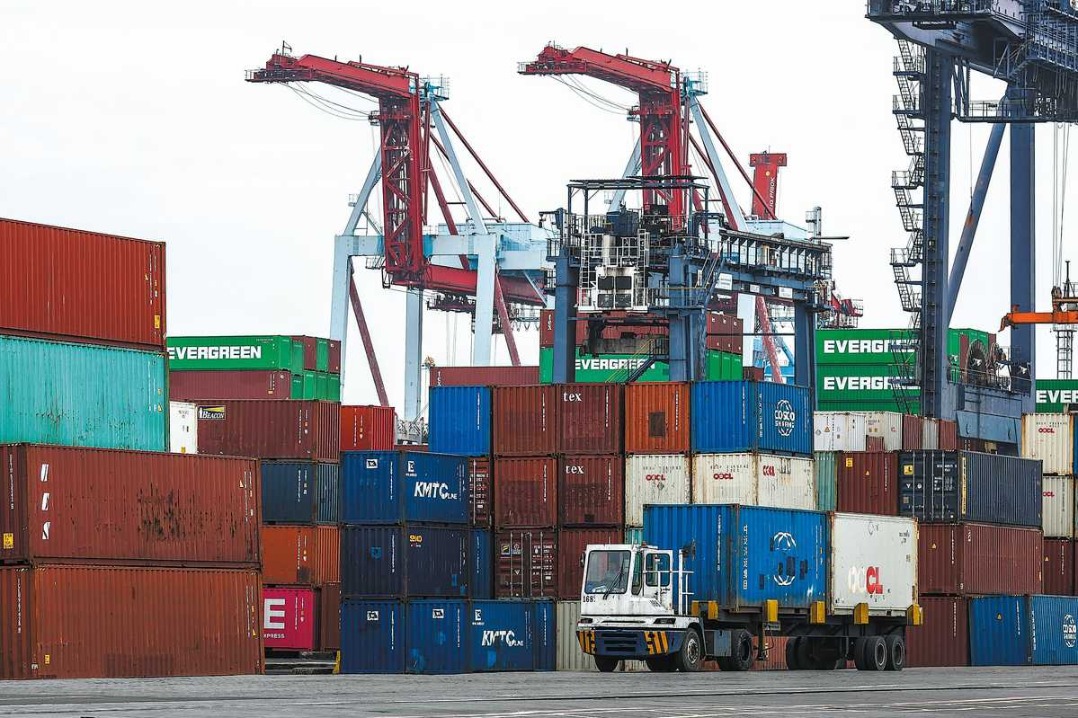Report highlights London Chinatown's recovery from COVID-19-related racism


Normalizing conversations about hate and racism within London's Chinatown, and using creative ways to encourage people to participate in important conversations are just two of the recommendations in a new report to help tackle and recover from COVID-related racism towards the East Asian community.
The report, titled No Place for Hate: Post-Pandemic Actions for London's Chinatown, was compiled by Chinatown-based charity China Exchange.
It was based on a 12-month project, focused on understanding and supporting Chinatown in the face of an increase in racism and hate towards people of East and Southeast Asian heritage.
The report noted that anti-Chinese and anti-Asian sentiments had increased since the start of 2020, with reported hate crimes rising by nearly 50 percent from 2018 to 2020, according to End Violence and Racism Against ESEA Communities, a UK-based advocacy group.
The Chinatown Recovery Project was then developed in response to the impact of COVID-19 related racism, with volunteers looking at how the pandemic has affected Chinatown's social recovery and provoked discussions in London.
The report took insights from workshops, interviews and coordinated community consultations.
It noted that during the pandemic, "the people involved in this project described their fear, their concerns for their livelihoods and businesses, and the urgent need for visitors to return to Chinatown to sustain existing businesses".
The project went on to identify cultural, linguistic and generational differences in ways that business community members talk about and recognize racism.
Among the report's recommendations are steps to encourage cultural awareness and sensitivity when working in the area, and supporting a positive image of Chinatown by including anti-racism and anti-hate narratives and conversations as part of creating a safe and resilient space for all, rather than focusing on how such narratives would damage the area's reputation.
The report also suggested taking greater steps to show the range of services and hate crime awareness materials available to those in the Chinatown business community, and advocating for resources focused on making Chinatown a safe, open and resilient space in response to the pandemic and COVID-related racism.
Some respondents also spoke of a lack of solidarity or connection with Chinatown colleagues during the pandemic.
The report concluded that "community building takes time" and added that "community building in Chinatown needs to focus on topics that are in the direct interest of the business community".
































